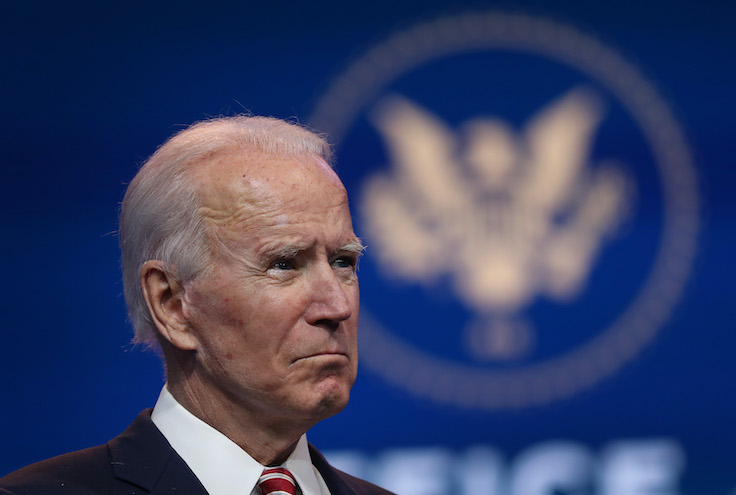President Biden’s Veto Sparks Debate Over NLRB Rule: Small Businesses Fear $33.3 Billion Burden and 376,000 Potential Job Losses
Biden’s Decision Stirs Controversy Amid Concerns of 376,000 Potential Job Losses for Small Businesses
President Biden’s veto of a bill seeking to revoke a National Labor Relations Board (NLRB) regulation has sparked a contentious debate between supporters of worker rights and small business interests, according to the published article of Washington Times. The bill aimed to nullify a rule that reclassified franchise employees as employees of their parent companies affecting major brands like McDonald’s, Marriott International and Taco Bell. President Biden asserted that the rule is crucial in enabling workers to negotiate improved wages and safer working conditions. He highlighted that without this rule companies could exploit corporate structures to avoid accountability leaving workers exposed.
Nevertheless, the veto has encountered strong opposition from business groups, particularly advocates for small businesses. They argue that the rule imposes substantial financial burdens on small businesses estimating potential yearly costs of $33.3 billion, job losses of 376,000, and a 93% increase in lawsuits. Matthew Hiller, CEO of the International Franchise Association criticized the administration’s decision accusing it of favoring special interests over the concerns of small business owners and their employees.

(photo: Free Beacon)
NLRB Rule Controversy Intensifies Amid Concerns of Potential Job Losses
The Coalition to Save Local Businesses echoed similar sentiments, denouncing the veto as “tone-deaf” and asserting that it exposes President Biden’s disregard for the challenges faced by small businesses. Mike Layman, a senior adviser to the group, expressed disappointment in Biden’s stance suggesting that it indicates a lack of empathy toward the difficulties encountered by small business owners nationwide.
However, President Biden remains resolute in his commitment to safeguarding workers’ rights. He emphasized that his decision is rooted in a dedication to ensuring that workers have the opportunity to organize and negotiate collectively. Biden criticized Republicans for aligning with corporate interests at the expense of workers and their unions.
The legislative process concerning the bill illustrates the profound political division on the issue. Although the measure passed the Democratic-controlled Senate with a narrow majority, it faced opposition from key Democrats such as Sen. Joe Manchin and independent senators Angus King and Kyrsten Sinema who sided with Republicans in endorsing the proposal. Despite House Republicans’ approval of the resolution Biden’s veto threat underscores the challenging task of overturning the NLRB rule.
Uphill Battle to Override Biden’s Veto on NLRB Rule Amid Legal Challenges and Concerns of Potential Job Losses
The fate of the NLRB rule now hinges on Congress’s ability to secure a two-thirds majority to override Biden’s veto. Meanwhile, the rule itself faces legal challenges, with its implementation delayed and subsequently halted by a U.S. District Court in Texas following a lawsuit led by the U.S. Chamber of Commerce and other business groups. The rule, which seeks to establish joint employer status between parent companies and franchise owners continues to provoke intense debate over the balance between worker protections and business interests.

















































